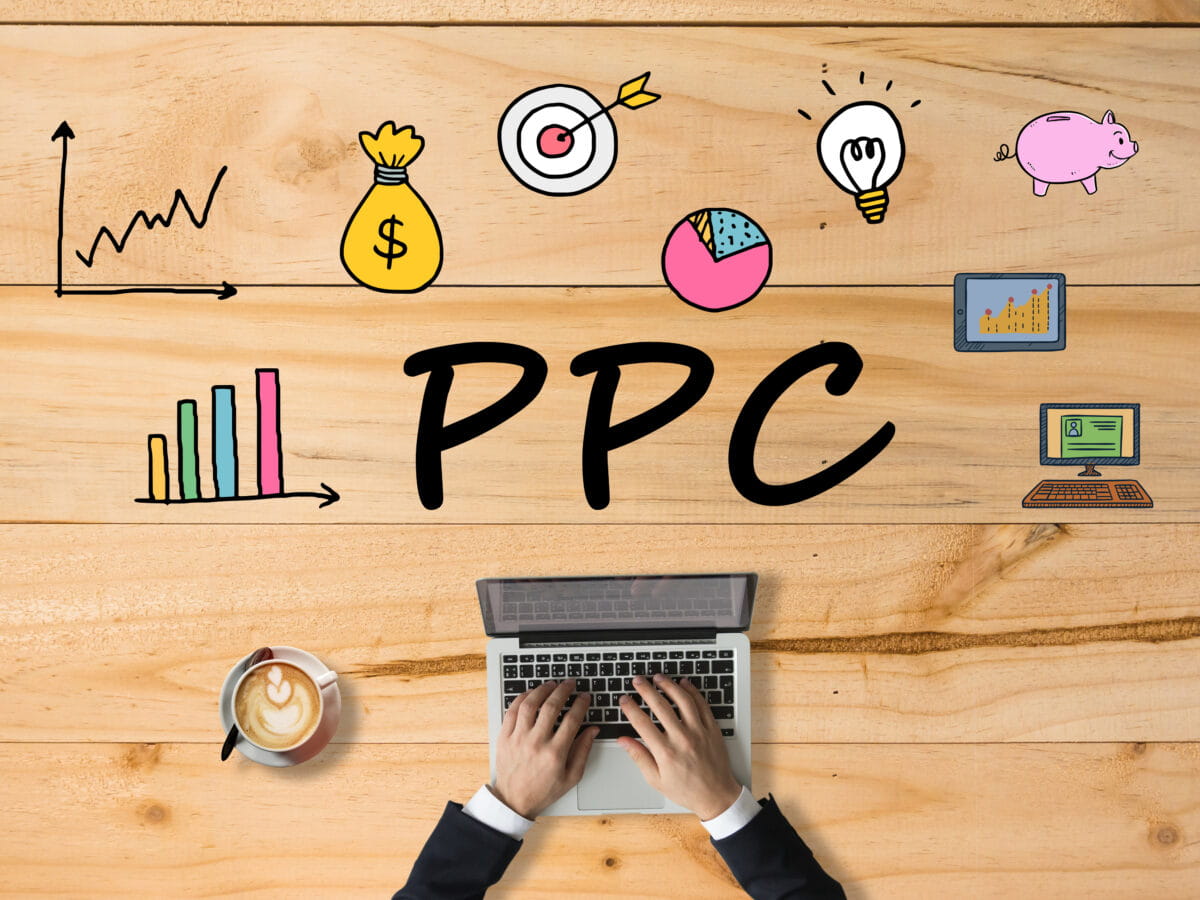Hey there, marketing enthusiasts! If you’re looking to get the most bang for your buck with online advertising, you’ve probably considered PPC (Pay-Per-Click) marketing.
PPC is a fantastic way to drive traffic and generate leads quickly, but it’s essential to ensure your campaigns are cost-effective. This post is all about affordable PPC marketing and how you can implement strategies that make every dollar count.
Understanding PPC Basics
What is PPC Marketing?
Before diving into the strategies, let’s get a solid understanding of PPC marketing. PPC is an online advertising model where advertisers pay a fee each time their ad is clicked.
Essentially, it’s a way of buying visits to your site rather than earning them organically. Google Ads is the most popular PPC advertising system, but platforms like Bing Ads and social media channels also offer PPC advertising options.
Benefits of PPC Marketing
PPC marketing comes with several benefits that make it a popular choice for businesses:
- Immediate Results: Unlike SEO, which can take months to show results, PPC ads start driving traffic as soon as they’re live.
- Targeted Reach: PPC allows you to target specific demographics, locations, and even times of day.
- Measurable ROI: With PPC, you can easily track your spending and return on investment, making it straightforward to measure success.
Conducting Thorough Keyword Research
The Importance of Keywords
Keywords are the foundation of any PPC campaign. Choosing the right keywords ensures your ads appear in relevant searches, driving qualified traffic to your site. Poor keyword choices can lead to wasted spend and low engagement.
Tools for Keyword Research
Several tools can help you find the right keywords for your PPC campaigns:
- Google Keyword Planner: This tool is excellent for discovering new keywords and seeing estimated search volumes.
- SEMrush: A comprehensive tool for keyword research, competitor analysis, and tracking keyword performance.
- Ahrefs: Known for its robust keyword research features, Ahrefs can help you find high-value keywords with lower competition.
Crafting Effective Ad Copy
Writing Compelling Headlines
Your ad headline is the first thing users see, so it needs to grab attention. Effective headlines are clear, and concise, and highlight the main benefit of your offer. Use action-oriented language to encourage clicks.
Utilizing Ad Extensions
Ad extensions enhance your ads by providing additional information and improving visibility. Some common ad extensions include:
- Sitelink Extensions: Direct users to specific pages on your site.
- Callout Extensions: Highlight key selling points like free shipping or 24/7 customer service.
- Structured Snippets: Showcase specific aspects of your products or services.
Budget Management Strategies
Setting a Realistic Budget
Setting a realistic budget is crucial for the success of your PPC campaigns. Consider your overall marketing budget, business goals, and the cost-per-click of your chosen keywords. A well-planned budget ensures you get the most out of your campaigns without overspending.
Bid Management Tips
Effective bid management helps you control costs and maximize your ROI. Use automated bidding strategies offered by platforms like Google Ads to optimize your bids. Automated strategies can adjust your bids based on factors like time of day, user location, and device type, ensuring you get the best value for your budget.
Monitoring and Optimizing Campaigns
Tracking Performance Metrics
Monitoring the performance of your PPC campaigns is essential to ensure you’re on the right track. Key performance metrics to track include:
- Click-Through Rate (CTR): The percentage of users who click your ad after seeing it.
- Cost Per Click (CPC): The amount you pay for each click on your ad.
- Conversion Rate: The percentage of users who complete a desired action, such as making a purchase or filling out a form.
A/B Testing Ad Variations
A/B testing involves running two versions of an ad to see which performs better. Test different headlines, ad copy, and landing pages to identify what resonates most with your audience. Continually optimizing your ads based on A/B testing results can significantly improve your campaign performance.
Leveraging Negative Keywords
What Are Negative Keywords?
Negative keywords prevent your ads from showing up in irrelevant searches. For example, if you’re selling premium handbags, you might add “cheap” as a negative keyword to avoid showing your ad to users looking for budget options.
How to Use Negative Keywords Effectively
To use negative keywords effectively, regularly review your search terms report to identify irrelevant queries. Add these terms to your negative keywords list to refine your targeting and reduce wasted spend. This ensures your ads only appear in relevant searches, improving your overall campaign efficiency.
Conclusion
There you have it—effective strategies for affordable PPC marketing! By understanding PPC basics, conducting thorough keyword research, crafting compelling ad copy, managing your budget wisely, monitoring and optimizing your campaigns, and leveraging negative keywords, you can maximize your marketing budget and achieve great results. Staying informed and adaptable is key to making PPC work for you without breaking the bank.
Call to Action
Looking for more tips on maximizing your marketing budget? Visit our website for a comprehensive guide on affordable PPC marketing and other effective strategies. Have any tips or experiences to share? Drop a comment below and join the conversation!
